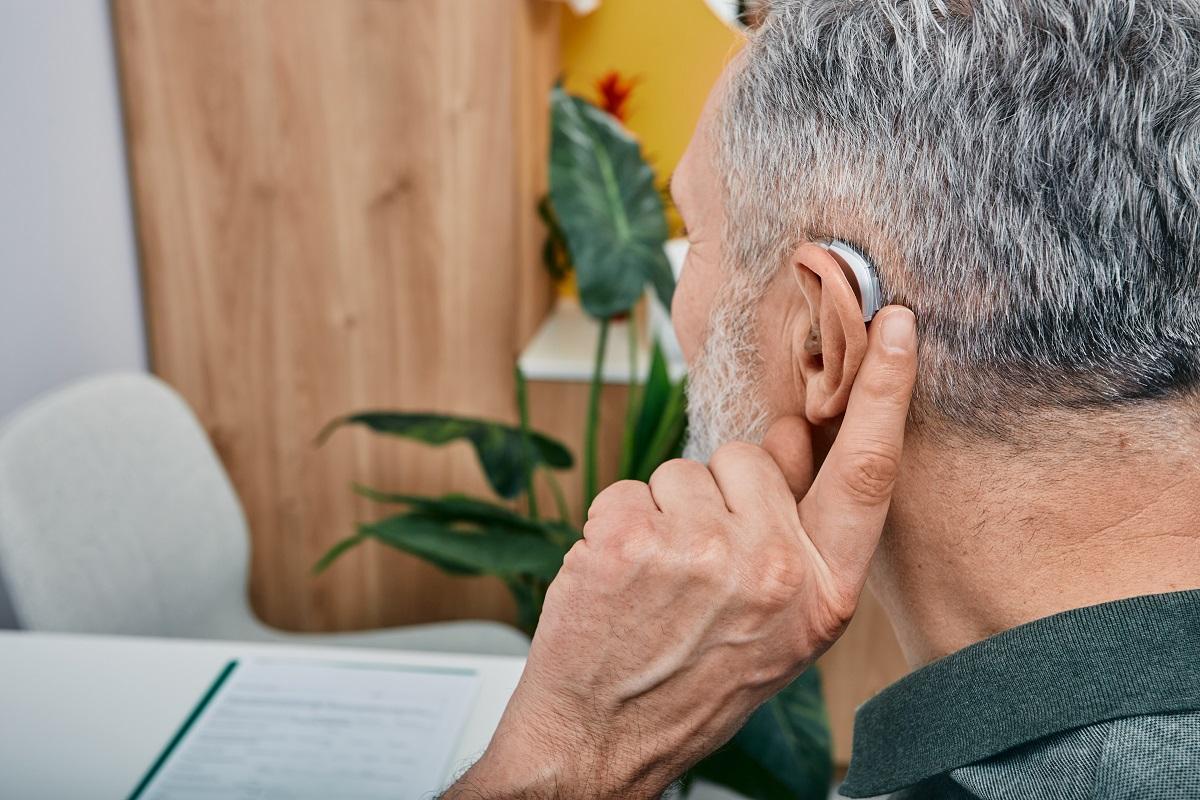Have you recently discovered how much your life has transformed now that you wear hearing aids? Many are surprised to find just how much they love to connect with the people in their life and try new things once they get accustomed to wearing hearing aids daily. You may now find that you feel clear and confident enough to explore hobbies you’ve been putting off for years and reconnecting with loved ones who may have felt just out of reach previously, due to constant communication barriers. Now that you are getting so much more out of your life with hearing aids, you are going to want to make sure to take the best care possible to maintain them for as long as you can. Many people wonder, just how long do your hearing aids last?
An Important Investment
Hearing aid can have a daunting price tag initially, but once you discover just how much they can improve your life, it illuminates just how priceless, properly amplified hearing is in your daily life. For those of us still in the work force, a possible increase of success and ability at work will speak for itself- as far as value. You’ll feel more confident at work and it’s common for this to reflect an increase in your salary as well- as employers and coworkers can rely on you more for clear communication and quicker reaction to surrounding sounds.
Taking Care of Your Investment
Now that you are enjoying the benefits of this sound investment you are going to want to take good care of them to ensure that they last for as long as possible. You can make sure you get the most out of your hearing aids by taking care to clean them every night and inspect them for damage. This means that you can avoid dirt buildup and monitor the functionality of your hearing aids day by day to get the clearest sounds and the best performance. However, even with proper care, these intricate, high-tech instruments don’t last forever.
The Longevity of Hearing Aids
Most hearing aids last five to seven years. That may not seem like a long time at first but consider how much you are already using them. Ideally your hearing aids should go almost anywhere with you. This means you should put them in as soon as you wake up and take them out just before naps and bedtime. Other than that, they should be only removed when you swim or bathe. These tiny devices do so much work every day so five years or more of constant service deserves to be celebrated!
Individual Hearing Needs
Hearing loss is a progressive condition, which means that hearing changes over time. Even with the use of hearing aids daily, it can’t stop the very common decline of hearing as we age. It’s important to schedule regular hearing exams to monitor the current state of your hearing loss. Very often all it takes is a minor programing adjustment to fix and inadequacy in amplification. However, sometimes hearing loss has progressed to a point where your current pair of hearing aids do not have adequate power to amplify to the degree you need to hear your best. At this point it may be time to upgrade to a more appropriate pair of hearing aids. Remember—the investment will still be worth it when it improves your ability to connect to the life you love.
The Future of Hearing Aids
It is also important to consider how fast hearing aid technology continues to progress. What may have been cutting edge technology five to seven years ago, may be considered bottom tier now. You may be amazed at all the things that modern hearing aids now offer. This includes Bluetooth connectivity with your TV, car stereo and Smartphone, as well as directional microphones to help hear conversation better in noisy rooms, as wind suppression for those who love to get out into the great outdoors.
Find out What Hearing Aids Have to Offer
You will be surprised to find out just how far hearing aids have come and even more delighted to discover how far they can take you. The first step is to schedule a hearing exam. From there we can determine the next steps in getting you the best in hearing care.

